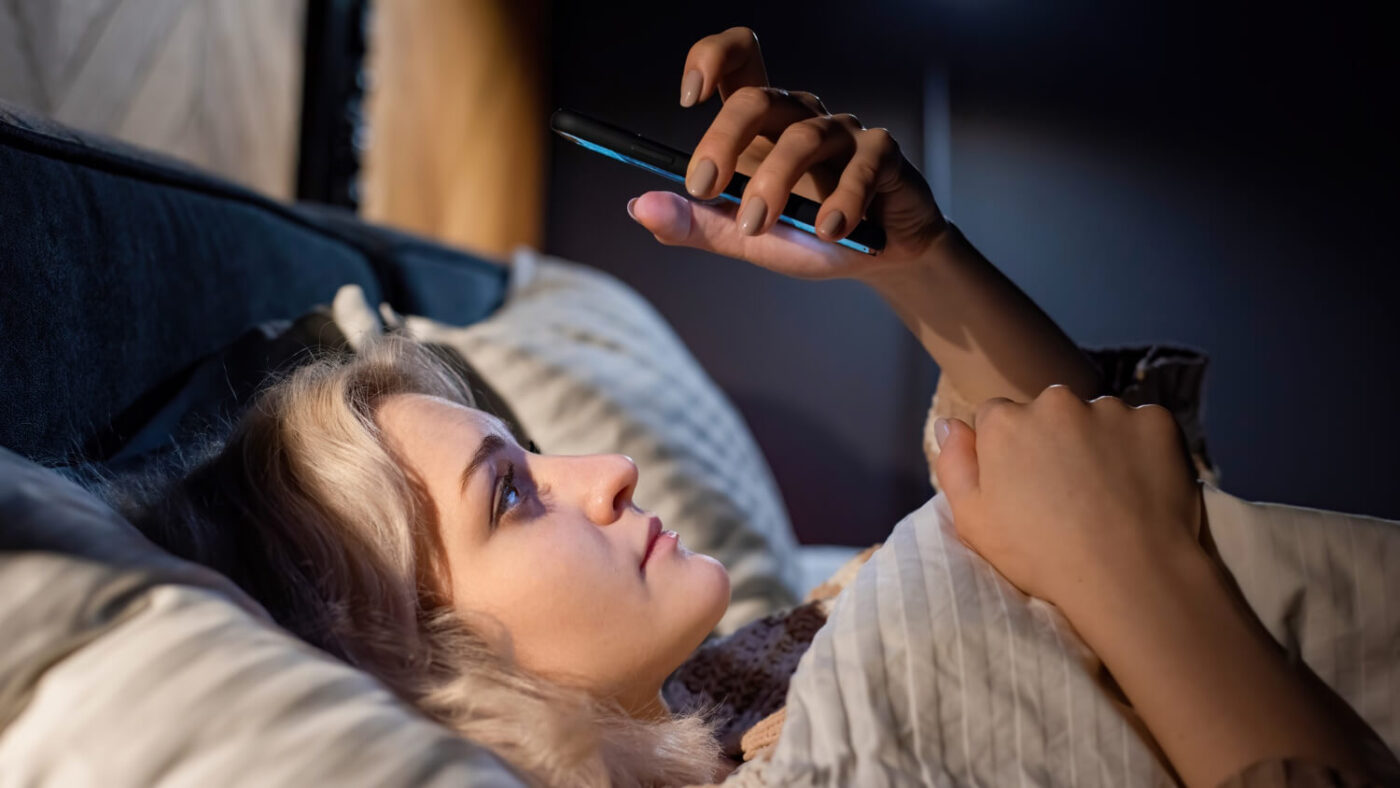In today’s world, it’s hard to imagine life without screens. From our phones and tablets to our TVs and computers, screens are everywhere. But when our screen addiction starts to take over our lives, it can have serious consequences for our health, our relationships, and our loved ones. We must learn to recognize the signs of screen addiction and take steps to ensure it doesn’t take over our lives. In this blog, we’ll explore the signs of screen addiction and how to take back control of our lives.
What is Screen Addiction and How Does it Affect Loved Ones?
Screen addiction is a growing problem that affects not only the individual with the addiction, but also their loved ones. It can be hard to recognize that someone you care about has a problem with screen addiction, but it is important to be aware of the signs and effects of this type of addiction. Screen addiction can manifest itself in a variety of ways, such as an excessive amount of time spent on screens, a lack of interest in activities that don’t involve screens, and an inability to unplug from devices. In many cases, loved ones may notice that the person with the addiction has become more isolated, distant, and withdrawn. It is important for loved ones to recognize the signs of screen addiction and to have an open and honest conversation with the person affected. By understanding the addiction, loved ones can help the person to develop healthy habits and to find ways to reduce their dependency on screens. With the right support and guidance, those affected by screen addiction can take steps to reclaim their life and get back to living a healthy and balanced lifestyle.
Understanding the Symptoms of Screen Addiction
Screen addiction can be a difficult thing to recognize, as it slowly creeps into our lives and takes hold. It can be hard to tell when our use of screens has become unhealthy, especially when our loved ones are also engaging in this activity. The symptoms of screen addiction can manifest in a variety of ways, from a lack of interest in activities that don’t involve screens, to spending too much time on screens, to feeling irritable or anxious when not able to use screens. If your loved ones are exhibiting any of these symptoms, it may be time to take a step back and assess the situation. Screen addiction can be a difficult thing to overcome, but with the right help and support, it is possible to break the cycle and reclaim a healthier lifestyle.

The Impact of Screen Addiction on Physical and Mental Health
The impact of screen addiction on physical and mental health is a growing concern among loved ones and healthcare professionals alike. While the use of screens can have many benefits, when it becomes an addiction, it can have a devastating effect on both physical and mental health. It is important to recognize the signs of screen addiction and take steps to address it before it takes over your life.
- Physical health: The digital age has brought about many conveniences in our daily lives, but it has also introduced some unintended consequences. Long hours spent in front of computer screens, phone screens, and television screens have become the norm for many of us. However, this kind of prolonged screen exposure can lead to a host of physical discomforts, ranging from fatigue and headaches to neck and back pain. Our bodies are not designed to sit in one position for extended periods, staring at a bright, constantly moving screen, and as a result, many of us are suffering from the effects of this sedentary lifestyle.
- Mental health: Unfortunately, many people have become addicted to screens, leading to a range of negative side effects. Anxiety, depression, and difficulty concentrating are just a few of the mental health issues that can come with screen addiction. This addiction can also affect relationships, causing individuals to become isolated from their loved ones.
How to Recognize if You or a Loved One is at Risk of Screen Addiction
It’s not always easy to recognize if you or your loved ones are at risk of screen addiction. With more and more of our lives becoming intertwined with technology, it can be difficult to know when too much screen time is becoming an issue. If you or your loved ones are spending an excessive amount of time on their screens, it could be a sign that they are at risk of developing an addiction. It’s important to be aware of the signs of screen addiction in order to protect your loved ones from its potentially damaging effects. Symptoms may include:
- Neglecting other activities and relationships
- Feeling anxious or irritable when not using screens
- Difficulty controlling screen time
If you notice any of these symptoms in your loved ones, it may be time to take action and help them reduce their screen time and create a healthier lifestyle.
Strategies for Overcoming Screen Addiction
In our modern, tech-obsessed world, it can be all too easy to become addicted to screens. When we’re constantly surrounded by the bright lights and flashy notifications of our devices, it can be hard to break away. But with the right strategies, you can take back control of your life and break away from screen addiction. One essential strategy is to make time for your loved ones. Spend time with family and friends instead of mindlessly scrolling through your phone. Having meaningful conversations and spending quality time with your loved ones can help to distract you from your screen addiction. Additionally, it can help to build stronger relationships and give you a sense of purpose. Another strategy is to be mindful of your screen usage. Pay attention to how much time you’re spending on your devices and set limits for yourself. For example, you may want to limit yourself to only using your phone for an hour a day. This can help to reduce the amount of time you spend on screens and will give you more time to focus on other activities. By taking the right steps, you can overcome your screen addiction and take back control of your life. With the help of your loved ones and mindful strategies, you can break away from the distractions of screens and live a more fulfilling life.
Tips for Supporting a Loved On Struggling with Screen Addiction
If you have a loved one struggling with screen addiction, you may feel helpless in the face of their addiction. Supporting a loved one through this difficult experience can be a difficult and daunting task, but there are steps you can take to help them. One of the most important things you can do is to have an open conversation with your loved one about their addiction. During this conversation, it is important to be understanding and empathetic, while also helping them come to terms with their addiction. Ask questions about how they are feeling and what they need to do to address their addiction. This conversation can also provide an opportunity to discuss the potential consequences of their addiction and to help them develop a plan for overcoming it. It is also important to provide your loved one with support and encouragement. Offer to be available to talk or provide assistance when needed. Remind them that they are not alone and that you are there to support them in their journey to recovery. Additionally, encourage them to seek professional help if needed. By having an open conversation and providing support and encouragement, you can help your loved one struggling with screen addiction.
What Omega Recovery Can Do For You
Screen addiction has become an increasingly prevalent issue in today’s digital world. It can be all too easy to lose track of time while scrolling through social media or streaming endless hours of videos, all the while neglecting our real-world obligations and relationships. Fortunately, there are experts who understand the impact that this addiction can have on a person’s life and well-being. Omega Recovery is a trusted facility that offers effective recovery options for those struggling with screen addiction. By seeking help from our dedicated team, you can take the first step towards reclaiming your life and breaking free from the cycle of addiction. Don’t hesitate to reach out today by visiting our website or giving us a call at (512)601-5407.




